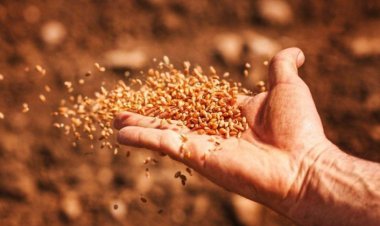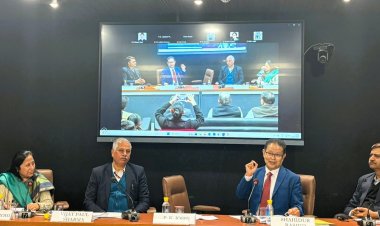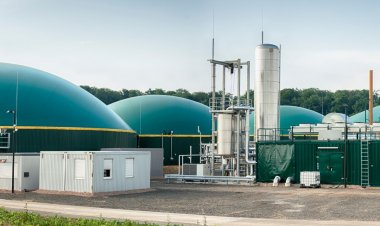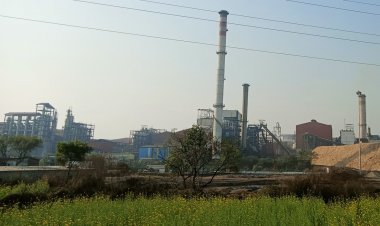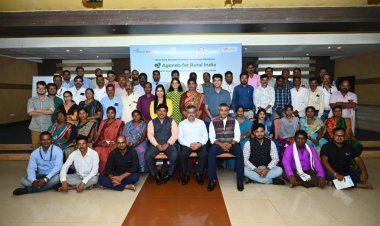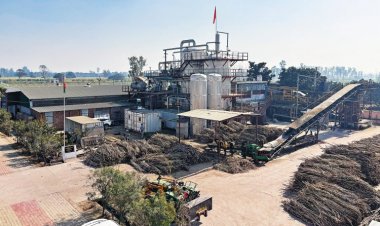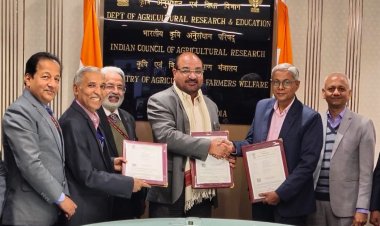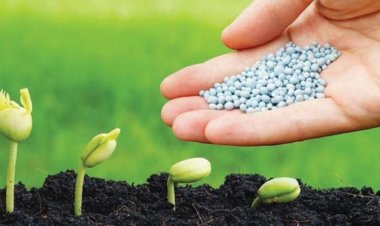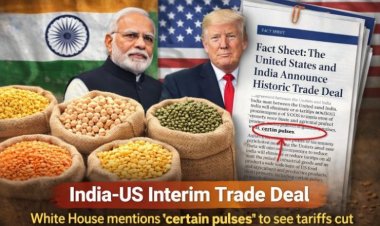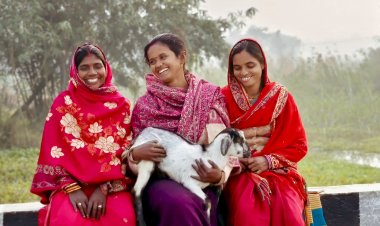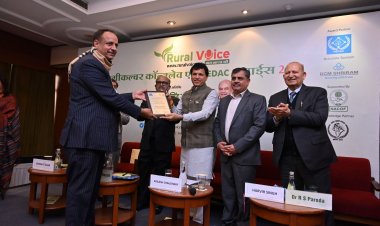Need to Invest in Climate and Disease-Resilient Varieties of Sugarcane: ISMA President Goel
In a landmark move aimed at transforming India's sugarcane sector, the Indian Sugar & Bio-energy Manufacturers Association (ISMA), in collaboration with the Department of Food & Public Distribution (DFPD) and the Ministry of Agriculture, hosted a high-impact brainstorming session on “Enhancing Sustainable Sugarcane Production in India.”
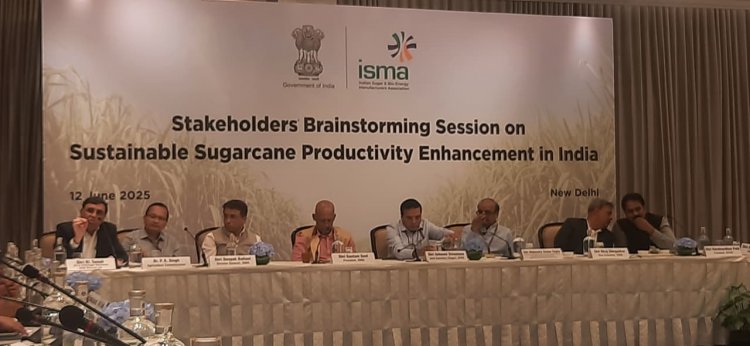
In a landmark move aimed at transforming India's sugarcane sector, the Indian Sugar & Bio-energy Manufacturers Association (ISMA), in collaboration with the Department of Food & Public Distribution (DFPD) and the Ministry of Agriculture, hosted a high-impact brainstorming session on “Enhancing Sustainable Sugarcane Production in India.” The event marked a significant shift toward actionable solutions designed to ensure better farmer incomes, sectoral resilience, and long-term sustainability.
The session brought together senior government officials, agricultural scientists, industry leaders, and policy experts, creating a platform for unified action. Discussions centered around declining sugarcane yields, increasing pest outbreaks, climate uncertainties, and shrinking cultivation areas - factors that have collectively jeopardized farmer livelihoods and industry stability.
Opening the session, ISMA President Mr. Gautam Goel underscored the urgency for a systemic overhaul. He presented a six-point plan that includes varietal diversification, genome innovation, decentralised seed systems, climate-smart farming, and policy reforms. A key proposal was the establishment of a National Mission on Sugarcane to align efforts across government, research, and industry.
“The setbacks this season highlight the need to rethink our approach to sugarcane farming. We must invest in climate- and disease-resilient varieties and strengthen local seed systems. If we act together, we can deliver better returns to farmers and build a stronger, more sustainable sugar sector,” Goel said.
Government officials echoed this sentiment. Shri Aswani Srivastava, Joint Secretary (Sugar), DFPD, emphasized the sector’s importance to India’s rural economy, supporting over 55 million people and ₹1 lakh crore in annual cane payments. He lauded the collaboration between ISMA and research institutions like ICAR-Sugarcane Breeding Institute, calling it a model for integrating innovation with on-ground impact.
“The sugarcane sector is under pressure, but with the right partnerships and policies, we can overcome these challenges. Location-specific, climate-resilient varieties and improved seed systems are key to boosting yields and incomes,” Srivastava noted.
Moderated by Mr. Roshan Lal Tamak, Chairperson of ISMA’s Agriculture Sub-Committee, the session explored practical interventions - from improved mechanisation and digital tools to policy reforms and farmer training. The event concluded with Vice President Mr. Niraj Shirgaokar stressing the need for results-driven implementation. “Ideas must now translate into measurable impact. The National Mission on Sugarcane is a promising start, but timely action with accountability is critical,” he said.
ISMA Director General Mr. Deepak Ballani highlighted the need for continued innovation and regular knowledge-sharing platforms to accelerate technology adoption in farming. “From precision irrigation to disease forecasting, we must ensure that these advancements reach every farmer. ISMA will continue to facilitate forums for dialogue and collective action,” he said.
The brainstorming session concluded with consensus on a mission-driven approach to revitalize India’s sugarcane economy. With strong industry-government-research collaboration, the sector now aims to deliver on its twin goals: farmer prosperity and sustainable production.



 Join the RuralVoice whatsapp group
Join the RuralVoice whatsapp group

















